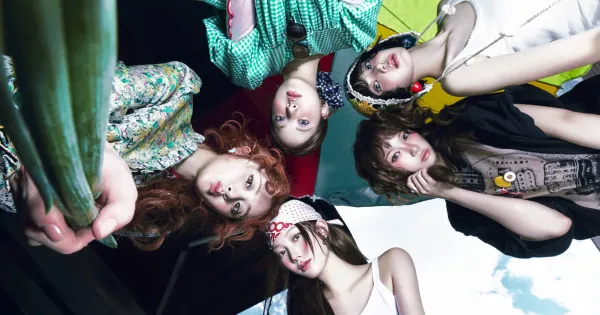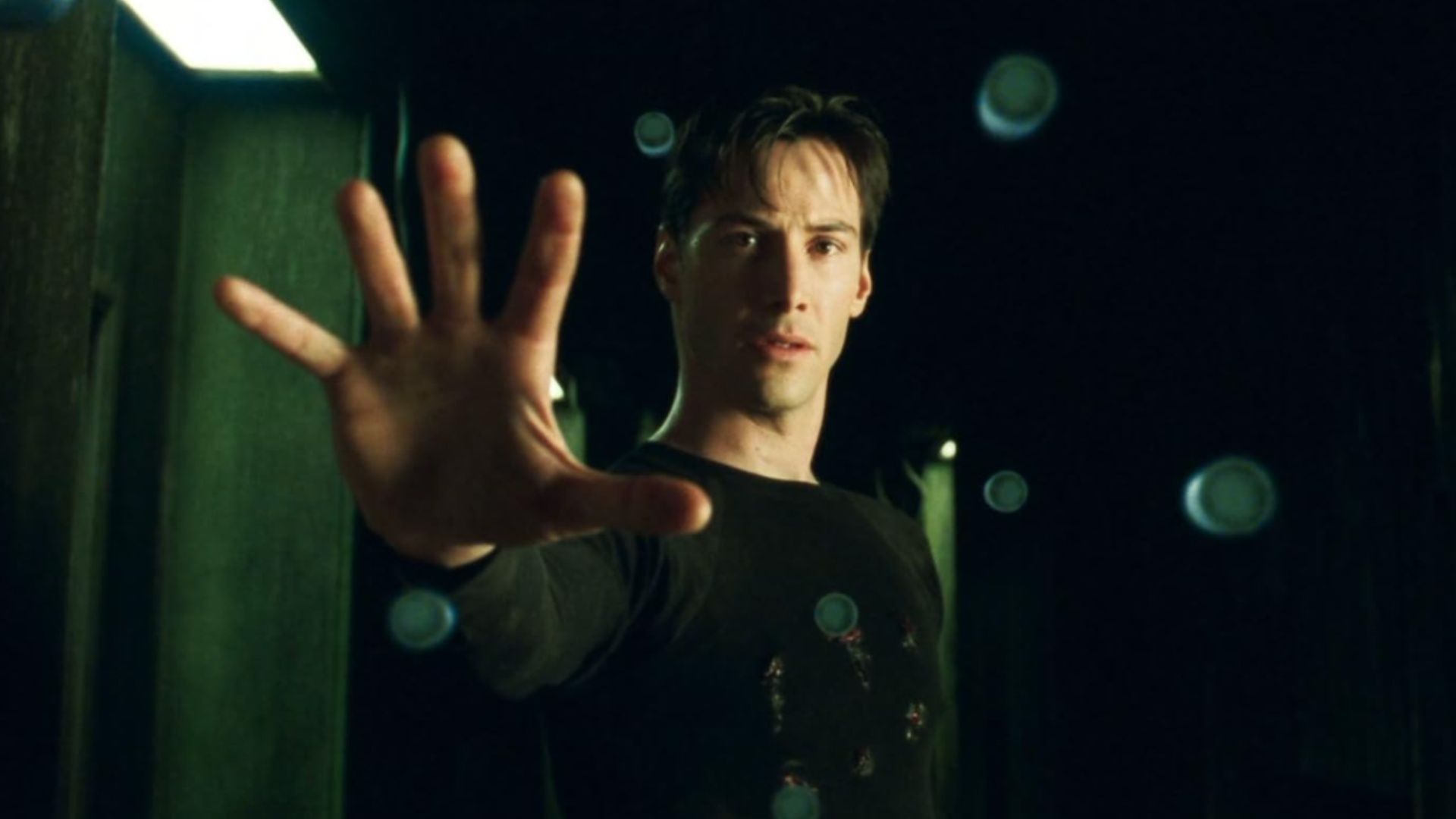Copyright Adweek

K-pop is having a moment in the U.S., and brands want to share the mic. Live touring revenue from the genre jumped 79% year over year in the first half of 2025, according to Billboard,with supergroups like Stray Kids and Ateez selling out American stadiums. K-pop artists also dominated the charts, claiming half of the top 10 best-selling physical albums in the U.S., according to entertainment insights company Luminate. The genre has also made its mark at some of the country’s biggest music festivals over the last two years, with acts like Enhypen, TXT, Le Sserafim, and Twice performing at Coachella and Lollapalooza. On screen, Netflix’s KPop Demon Hunters shattered records as the streamer’s most-watched film ever, with its soundtrack charting at number one in the States. Brands like Samsung and Mattel moved fast to cash in on the film’s hype. Now, as the genre further cements its hold on U.S. culture, a new generation of K-pop acts is rewriting the rules of brand collaboration. Co-creating products and inking meaningful partnerships with homegrown brands. In 2024, group TXT teamed up with General Mills for limited-edition cereal boxes featuring the band members’ faces, collectibles that fans snapped up instantly. Walmart has leaned into the space with its K-Pop Personalization Studio, a roving mobile bus that pulls up outside concert stops. The Empire State Building has become another marquee stage for K-pop activations too. In October, it turned orange for Riize’s tour. Deeper partnerships As advertisers look beyond one-off endorsements, K-pop’s next generation is showing how collaboration can deepen fandom and brand loyalty. Globally, the K-pop market was valued at $8.1 billion in 2021 and is projected to reach $20.0 billion by 2031 with an estimated growth of 7.3% annually, per Allied Market Research. K-pop acts have been breaking into the American mainstream since boy band BTS’s 2020 album “Map of the Soul: 7,” became the first in the genre to sell one million pure copies in the U.S. Since 2021, the band has worked with Mars Candy and launched their own McDonald’s meal. The band’s BT21 cartoon figures have appeared on products ranging from Crocs and Converse to Dunkin’ Donuts, too. Girl group Le Sserafim are cementing themselves as a fan favorite in America, too, building a legion of loyal followers dubbed “Fearnots.” The five-member group—Kim Chaewon, Sakura, Huh Yunjin, Kazuha, and Hong Eunchae—debuted in May 2022 with their album “Fearless” and have since appeared on the U.S. Billboard 200 five times and the Billboard Top 100 twice. Partnerships with U.S. brands were laced throughout Le Sserafim’s first U.S. tour, including a sold-out capsule clothing collection with NYC brand Guizio. Amazon Music pop-ups in Los Angeles and Seattle drew hundreds of fans, some lining up as early as 2 a.m. “Our approach to artist merchandise collaborations is as unique as the artists themselves,” Julia Heiser, head of Amazon Music live merch, told ADWEEK. “Le Sserafim has cultivated a distinctive aesthetic that resonates deeply with their fanbase.” As K-pop expands into new markets, brands have endless engagement opportunities due to the constant stream of new groups debuting, and Amazon Music’s collab marked its first with a K-pop girl group. MinJi Joo, a freelance creative brand strategist and consultant, explained, “K-pop is a machine where it’s as if there’s a new group debuting every day.” A global strategy Behind K-pop’s global dazzle is a rigorous trainee system where aspiring idols spend years mastering vocals, choreography, and production. Already in 2025, more than 50 new groups have launched. In South Korea, idols are seen as role models. Their polished image and powerful influence make them ideal brand partners, Joo noted. And, U.S. brands aren’t just chasing K-pop’s domestic fans; they’re leveraging the genre’s global reach. Among them is the NBA, which has worked with numerous K-pop idols for the past decade at home and in the Asia Pacific (APAC) region. In 2016, Got7 and Twice modeled streetwear pieces representing teams like the Chicago Bulls, the Cleveland Cavaliers, and the Brooklyn Nets. While the NBA is rooted in the U.S., its global reach has grown significantly in recent years. “As a brand that’s deeply embedded in culture, we’ve been able to explore working with celebrities and influencers in [APAC] and around the world,” Sheila Rasu, vp, head of marketing for NBA Asia, said. “Collaborating with K-pop artists has become a natural extension of the NBA’s global fan engagement strategy.” Le Sserafim’s NBA partnership evolved organically. After attending a Lakers game in 2023 wearing personalized jerseys from the brand, fans dubbed them a “lucky charm” and began wearing NBA jerseys to concerts. The group embraced the partnership, performing in NBA jerseys before being appointed “Friends of the NBA” in 2024 under a multi-year deal. The program enlists celebrities and influencers, including Enhypen and BTS’s Suga, to boost the league’s visibility across APAC through appearances, events, and content. “The enthusiasm from K-pop fans reflects how the NBA’s cultural impact extends beyond the court,” said Rasu. “Le Sserafim are co-creators of a cultural moment where music, fashion, and sports intersect.” A New Era With K-pop now an export as powerful as tech or entertainment, its artists are becoming case studies in building engaged, profitable communities. The genre’s fans are putting their money where their fandom is. Four in five in the U.S. purchased a K-pop record last year, while 74% bought albums to collect, according to Billboard. In a statement, Source Music, Le Sserafim’s label, said authenticity is central to every partnership decision its bands make, and the artists agree. For Le Sserafim’s Yunjin (a New York native), supportive audiences took some of the pressure off their first U.S. tour. When asked if she had a message for fans, she told ADWEEK, “You guys sent us so much love and support that you turned our fear into excitement and a stronger sense of responsibility. We promise to be back on tour, but until then, please look forward to our new music.” That new music comes in a fresh single, Spaghetti, which features J-hope of BTS. Le Sserafim member Chaewon said the song “marks the next chapter in our story that captures our growth as artists and the new changes we’re ready to show our audiences.” U.S. partners eager to work closely with artists and audiences to build deeper connections, will edge ahead in K-pop’s battle of the brands.



